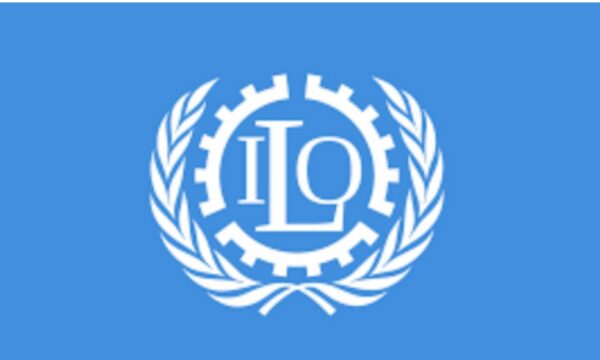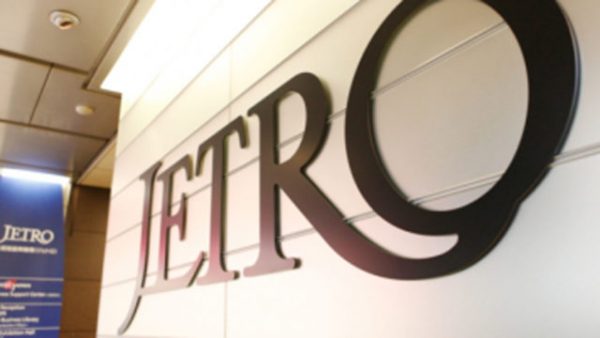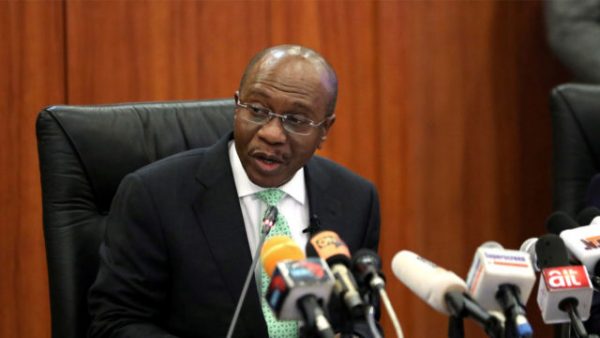Global Employment To Grow By One Per cent 2023 – ILO

The International Labour Organisation has that global employment growth will be only by one per cent in 2023, less than half of 2022.
According to ILO, global unemployment is expected to rise by around three million in 2023 to 208 million.
The Assistant Director-General of Jobs and Social Protection Cluster, ILO, Mia Seppo, in a release, said, “The cost-of-living crisis is pushing more people into poverty, including working poverty. The most vulnerable workers include 200 million people living in absolute poverty and two billion in the informal economy, where they frequently lack legal rights or social protection.”
According to her, in low-income countries, employment is not expected to recover to pre-pandemic levels this year.
“In those regions where unemployment is now below pre-crisis levels, our analysis shows this is mainly because of a shift into the informal economy, which probably postpones rather than resolves workers’ problems,” she added.
Meanwhile, Seppo called on Nigeria and other countries to speed up their actions in achieving Sustainable Development Goal 8 on Decent Work for All.
ILO said SDG Goal 8, which brings together social, economic, and environmental targets, has an impact on all other Agenda 2030 goals.
She said, “Generative artificial intelligence that augments human creativity, overheating megacities, these things were once the stuff of science fiction, but today they are the technological, demographic, and climate-change-related forces reshaping the way we work.
“What we don’t know is whether these forces will change our world of work for better or worse. This uncertainty is increased because the changes are occurring at a time of enormous existing challenges.”
She urged countries to ensure that those changes lead the world to the more equitable, sustainable, prosperous, and peaceful future that UN member states committed to when they adopted the 2030 Agenda for Sustainable Development in 2015.
“This will be among the key questions to be addressed at the SDG Summit in New York in September.”
“This is where Sustainable Development Goal (SDG) 8 plays a crucial role. SDG 8 seeks inclusive and sustainable economic growth and full and productive employment, in other words, decent work for all,” she explained.
According to Seppo, it is the only SDG that brings together social, economic, and environmental targets.
“In that sense, it can be seen as a ‘multiplier goal’ of the entire sustainable development agenda, since it will have a positive impact on other goals if achieved.
“In a globalised economy, developing countries cannot be expected to act alone. We need international solidarity if we want to make a practical difference. Building universal social protection systems is an example,” she asserted.
She noted that those could alleviate poverty, reduce vulnerability and inequalities, and help to manage conflicts and social tensions.
Seppo maintained, “Meanwhile, to achieve this target, humanitarian assistance must be directed so that it supports social protection systems and reinforces state capacity.
However, she emphasised that a reorganised and rebalanced approach to globalisation was essential, adding that concerns about automation’s impact on job losses were valid.
She claimed that technological progress could also create new job opportunities in emerging markets.
“Furthermore, we must ensure that the benefits are felt by everyone along these supply chains.
“To bring all the components of this approach together we must have clear and transparent policies and actions and ensure that they are seen as fair. That is why the ILO is calling for a Global Coalition for Social Justice,” she noted.







